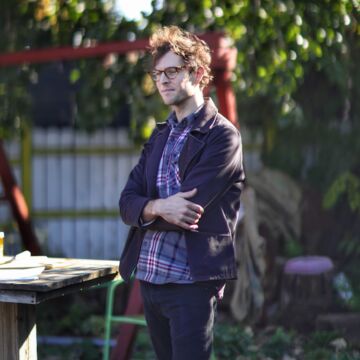

Alex Williams
Lecturer
Contact
Bio
Alex Williams (he/him) teaches sociology and urban ecology at SAIC and Roosevelt University. He earned his Bachelors in Audio Arts at Columbia College and his Masters in Sociology at Roosevelt University. As a teacher, Alex is interested in the social dimensions of health, wellness, and mental illness and how these realms relate to ecology and non-human nature. Outside of academia, Alex is a clinical and community herbalist and co-founder of First Curve Apothecary and Greenspell Organization, working with clients navigating complex chronic health conditions and mental health issues. As an herbalist, Alex also offers herbalism and foraging classes and apprenticeship.